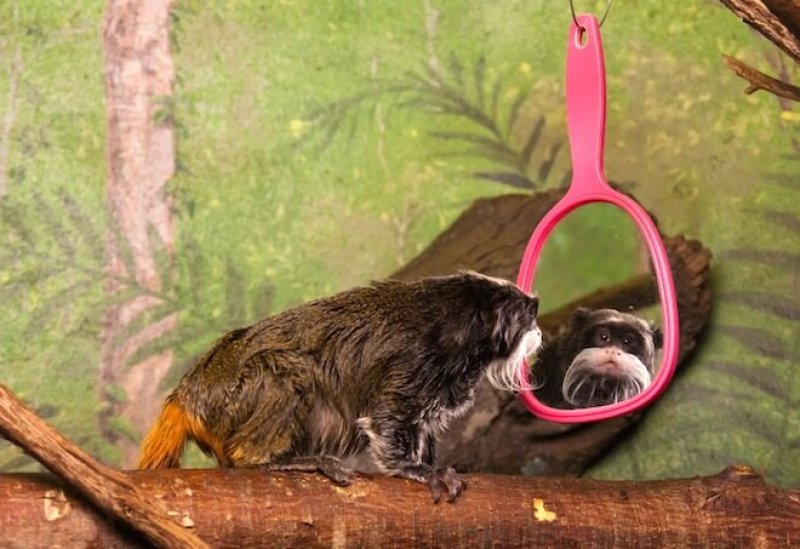First discovered in the 90s by neuroscientists in Italy studying monkeys, mirror neurons are motor cells in the brain (involved in the control of movement) that are also activated – mirror-like – by the sight of the same movement by others. Some have even claimed that mirror neurons have helped shape our civilization and actually underlie what it is to be human.
But according to science writer Christian Jarrett, mirror neurons are the most hyped concept in neuroscience:
The exaggerated and oversimplified story about mirror neurons has been swallowed whole by the media and much of the public. For a blast of this neuro-bunk try searching for “mirror neurons” on the Daily Mail website. For instance, the paper ran an article earlier this year that claimed the most popular romantic films are distinguished by the fact they activate our mirror neurons. Another claimed that it’s thanks to mirror neurons that hospital patients benefit from having visitors. In fact, there is no scientific research that directly backs either of these claims, both of which represent reductionism gone mad.
A study, from a pair of neuroscientists in London takes an objective look at the current literature on mirror neurons and debunks the hype by examining what scientists currently know about them.
Read the full, original story: A Calm Look at the Most Hyped Concept in Neuroscience – Mirror Neurons
Additional Resources:
- Neuron diversity might shape personality and ability, Scientist
- Innovations in neuroscience trigger shifting views in the treatment of mental illness, Genetic Literacy Project
- Mutations in the brain, National Geographic































